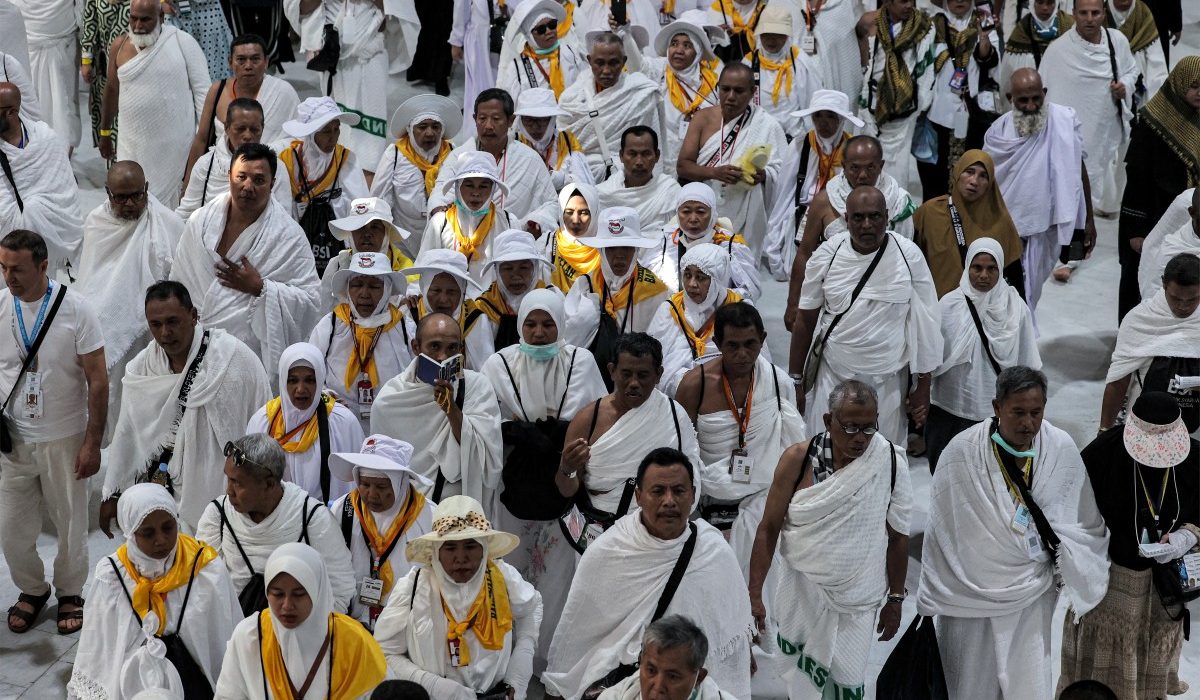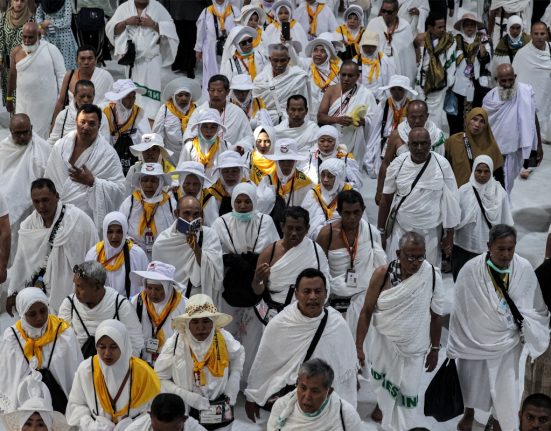In a major step towards enhancing the experience of millions of Muslim pilgrims expected for this year’s Hajj, the Kingdom of Saudi Arabia has ramped up housing capacity in the holy city of Mecca to accommodate up to 1.8 million people. This move comes as the first wave of international pilgrims begins to touch down in the kingdom for the annual pilgrimage slated for early June.
Authorities in Mecca have confirmed the issuance of 3,161 accommodation permits covering an estimated 429,232 rooms. These facilities, according to officials from the Mecca mayoralty, meet stringent safety and comfort standards established by the Saudi government to ensure the wellbeing of pilgrims during the spiritually significant season. The initiative reflects Saudi Arabia’s ongoing commitment to improving logistics, hospitality, and safety for pilgrims attending one of the world’s largest religious gatherings.
Meanwhile, the Saudi General Directorate of Passports has begun enforcing strict entry restrictions into Mecca as part of its preparatory measures. As of Tuesday, April 29, entry into the city is now exclusively reserved for Hajj visa holders. All individuals possessing other types of visas—including tourism, business, or Umrah visas—are barred from entering or remaining in Mecca until the end of the Hajj period. This is part of broader regulatory efforts aimed at managing crowd control and maintaining order during the pilgrimage.
Furthermore, foreign pilgrims who came into the kingdom for Umrah, the minor pilgrimage, were given a firm deadline of April 29 to depart the country. This aligns with directives from the Ministry of Hajj and Umrah, which has reiterated that remaining in the country beyond the stipulated period without a valid Hajj permit constitutes a violation of Saudi immigration laws and will attract legal consequences.
The Ministry has also issued a stern warning to travel agencies and Umrah operators, urging them to ensure their clients comply with the departure timelines. The caution comes amid growing concerns over the increasing number of foreign visitors who attempt to stay past their Umrah visa expiry dates in order to unlawfully participate in the Hajj rituals.
It will be recalled that in 2024, around 1.8 million pilgrims performed the Hajj, including approximately 1.6 million from outside Saudi Arabia. The Hajj pilgrimage—one of the five pillars of Islam—is obligatory for every Muslim who is physically and financially capable of undertaking it at least once in their lifetime. The government of Saudi Arabia, under the leadership of King Salman bin Abdulaziz and Crown Prince Mohammed bin Salman, has continued to invest heavily in infrastructure, technology, and policy reforms to ensure that the spiritual journey remains safe, dignified, and seamless for all pilgrims.
With the arrival of the first international contingents and the final departure of Umrah pilgrims now concluded, the kingdom is entering the final preparatory phase ahead of Hajj 2025. Pilgrims from across the world are expected to converge on Mecca in the coming weeks, culminating in one of the most spiritually significant events on the global Islamic calendar.

